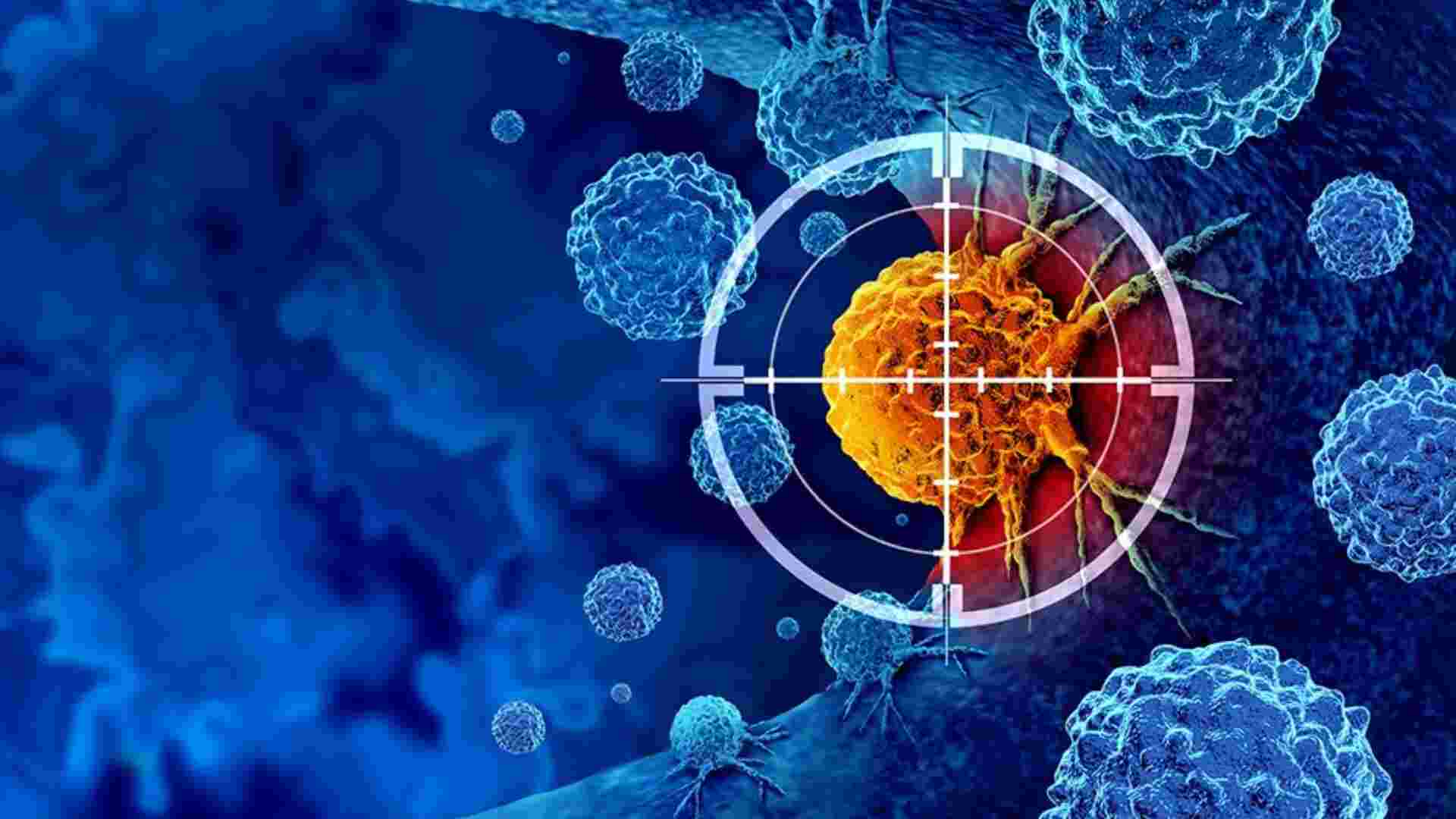
According to a preclinical study conducted by researchers at Weill Cornell Medicine, it may soon be possible to determine which individuals with hepatocellular carcinoma (HCC), a type of liver cancer, could benefit from immunotherapy. Published on October 17 in ‘Molecular Cell’, the study explores the roles of two proteins, p62 and NBR1, and their opposing functions in regulating the interferon response in hepatic stellate cells, a key immunological player in the liver’s fight against tumors. The research demonstrates that high levels of the immune-suppressing protein NBR1 in these cells may help identify patients who are less likely to respond to immunotherapies. Additionally, techniques to lower NBR1 have shown to reduce tumor sizes in animal models, potentially offering a new treatment option for patients who do not benefit from immunotherapy.
Must Read: Samantha Ruth Prabhu Trades Pants for a Mesh Skirt | See Pics
“P62 and NBR1 are yin and yang,” explained Dr. Jorge Moscat, co-principal investigator and the Homer T. Hirst III Professor of Oncology in Pathology, as well as a member of the Sandra and Edward Meyer Cancer Center at Weill Cornell Medicine. “In contrast to NBR1, if p62 is high in hepatic stellate cells, a patient is protected from cancer, but if it is low, the immune system is knocked down. If NBR1 is high, the immune system is impaired, but if NBR1 is low, the immune response increases.”
Historically, patients with hepatocellular carcinoma had limited treatment options, which only extended life expectancy by a few months. Immunotherapy has provided a promising alternative, with the potential to extend life by up to two years.
“The liver is an organ that is tremendously immune suppressed,” said Dr. Maria Diaz-Meco, co-principal investigator and the Homer T. Hirst Professor of Oncology in Pathology at Weill Cornell Medicine. “Reactivating the immune system is a very attractive approach that is now bearing fruit.”
However, not all patients respond to immunotherapy, and only a small percentage experience long-term remission. Currently, clinicians are unable to predict which patients will benefit. “We need biomarkers to identify which patients will respond and who will achieve long-term survival,” said Dr. Diaz-Meco.
The research team, including co-first authors Dr. Sadaaki Nishimura, Dr. Juan F. Linares, and Dr. Antoine L’Hermitte, focused on identifying biomarkers and therapeutic targets by studying what goes wrong in the liver’s healing process, leading to cancer. Prior studies had found that the tumor-suppressing protein p62 is irreversibly lowered in patients with HCC. The new research shows that p62 normally promotes an immune response by activating a protein called STING, which pushes NBR1 aside, triggering an immune reaction that destroys tumor cells. NBR1, on the other hand, promotes the breakdown of STING, blocking the immune response. In mice with HCC, deleting NBR1 from hepatic stellate cells restored the immune response and reduced tumor size, even when p62 levels were low.
The researchers are now investigating ways to develop therapies that would degrade NBR1 in patients, blocking its interaction with STING. This could potentially reactivate the immune system and enhance immunotherapy’s effectiveness. Drugs that activate STING are also in development and may offer another way to boost the immune response in HCC patients. The team also plans to study whether reducing NBR1 could prevent metastasis in various cancers or stop tumors from becoming resistant to therapy.
Dr. Moscat and Dr. Diaz-Meco plan to continue investigating the pathways that regulate the liver’s immune response. “If we don’t fully comprehend the molecular mechanisms regulating these processes, immunotherapy will not progress, and we won’t be able to understand why it works in some patients and not others,” said Dr. Diaz-Meco.
Also Read: Alia Bhatt Discusses Her ADHD Diagnosis, Shares How Acting and Parenting Bring Her Peace















